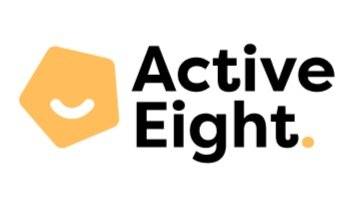Members
Active Eight is home to one of the most holistic and possibly unique offerings for young people with disabilities in the world.
We provide a wide range of services but we don’t have ‘clients’ because your family is not a transaction to us.
Instead, we welcome you as Members of the Active Eight community, a special place of belonging for babies, toddlers, kids, teens and young adults (0-25yrs) of all abilities living with many different conditions.










